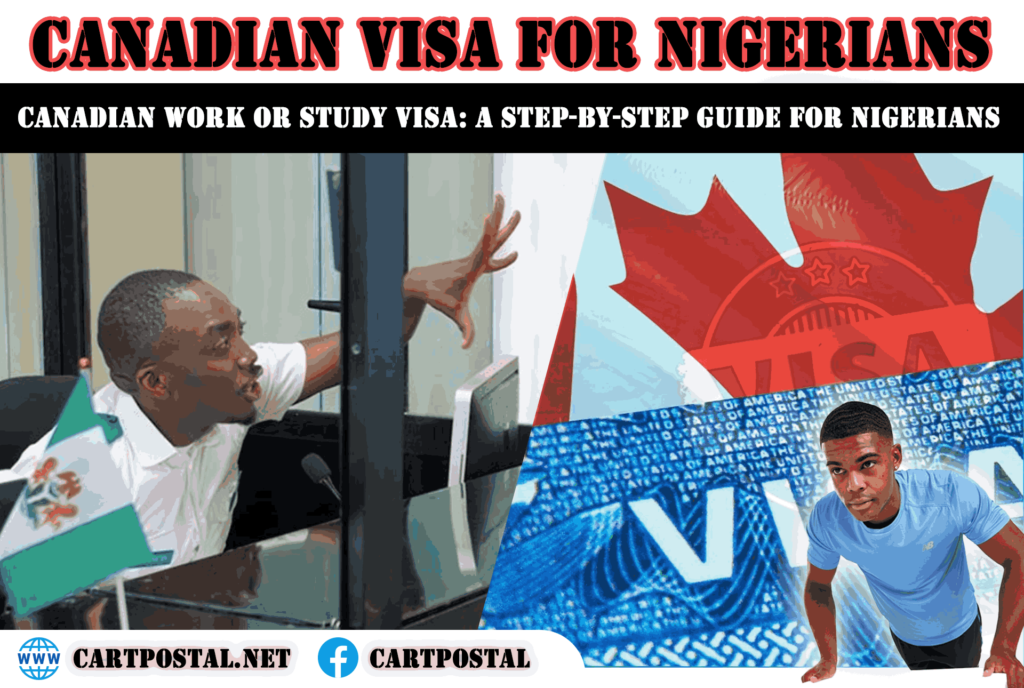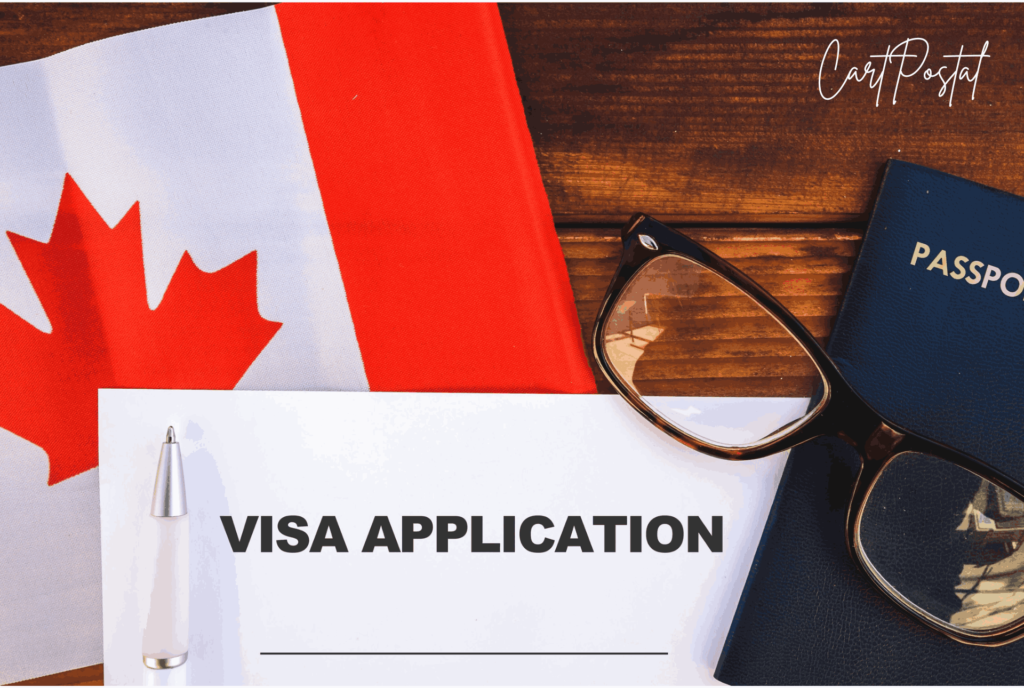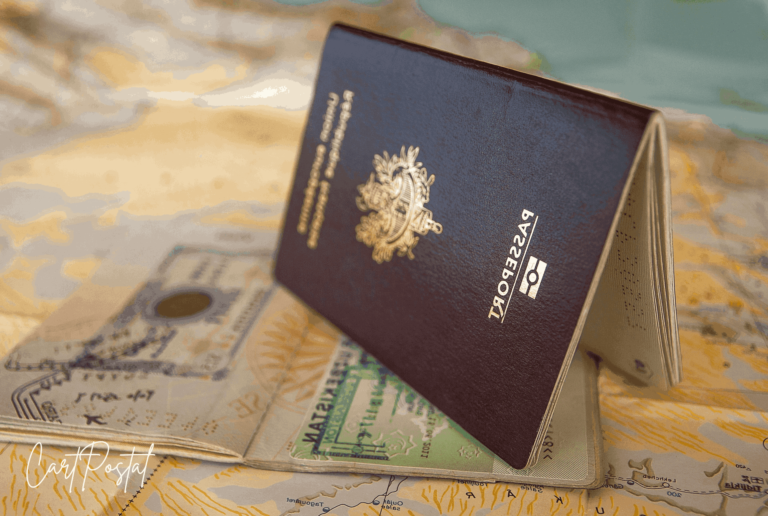Introduction
Canada has become one of the top destinations for Nigerians looking to work or study abroad. Whether it’s the chance for career growth, top-notch education, or just a fresh start, the “Great White North” has a lot to offer. But before you pack your bags, you need to go through the visa application process—whether you’re aiming to work or study in Canada. This guide will walk you through the necessary documents and conditions to help you with your visa application.

Section 1: Types of Canadian Visas for Nigerians
Before jumping into the application, it’s important to know which type of visa you’ll need. The two most common options are:
Work Visa: Whether you’re applying for a temporary or permanent work visa, this allows Nigerians to work in Canada legally. Depending on your job offer, you might need a specific work permit.
Study Visa: If your goal is to study at one of Canada’s renowned institutions, you’ll need a study permit. Plus, after you graduate, you could apply for a Post-Graduation Work Permit (PGWP), which may open the door to permanent residency down the line.
Section 2: General Conditions for Visa Acceptance
Now, before you start gathering documents, make sure you meet the basic conditions for getting a visa:
Eligibility: To qualify, you need to be in good health and have no criminal record. In some cases, you may need to complete a medical exam.
Language Proficiency: Since Canada is bilingual, you’ll need to prove your English (or French) skills by taking language tests like IELTS for English or TEF for French.
Educational Qualifications: If you’re applying for a study visa, you’ll need to show that you’ve been accepted into a Canadian school and meet their educational requirements.
Job Offers: For work visas, having a valid job offer from a Canadian employer is usually required.
Section 3: Required Documents for a Canadian Work Visa
If you’re applying for a work visa, here’s what you’ll need:
Valid Nigerian Passport: Make sure your passport is still valid for at least six months after your planned stay in Canada.
Job Offer Letter: You’ll need a formal job offer from a Canadian employer. The offer should include details like your job role, salary, and working conditions.
Labour Market Impact Assessment (LMIA): In many cases, your employer will need an LMIA from the Canadian government to hire a foreign worker. This shows that hiring you won’t negatively impact the local job market.
Educational Certificates: Provide copies of your diplomas, degrees, or certificates to prove your qualifications and work experience.
Proof of Funds: You’ll need to show bank statements or other financial documents proving that you can support yourself while in Canada.
Medical and Police Clearances: Some applicants may need to complete a medical exam and provide a police clearance to confirm there’s no criminal history.
Application Forms: Make sure you fill out the right visa application forms, such as IMM 1295, and submit them with the required fees.

Section 4: Required Documents for a Canadian Study Visa
If you’re heading to Canada for education, you’ll need the following:
Letter of Acceptance: You must have a formal letter from a recognized Canadian school or university.
Study Plan: Explain why you want to study in Canada, your academic goals, and how your studies will benefit you back home.
Proof of Funds: You’ll need to show proof that you have enough money to cover tuition, living expenses, and your return ticket. Bank statements or scholarship letters are good options.
Passport and Travel Documents: Provide a valid passport and recent passport-sized photos that meet visa requirements.
Medical Exam: Some students will need to undergo a medical exam to ensure they’re in good health.
Language Test Results: You’ll need to prove your proficiency in English or French by submitting test scores from IELTS or TEF.
Application Forms: Just like the work visa, make sure you complete the right study permit application forms, such as IMM 1294, and pay the associated fees.
Section 5: Common Challenges and Tips for a Successful Application
Here are some tips to help you avoid the common pitfalls of visa applications:
Missing Documents: Double-check that you’ve included all necessary documents. A missing document could delay your application.
Proof of Funds: Ensure that your financial proof is sufficient. Many applications are rejected because applicants fail to show they have enough money to cover their stay.
Timing: Visa processing times can vary, so apply early. It can take weeks or even months to get your visa approved.
Get Professional Help: If you’re unsure about the application process, consider seeking help from a certified immigration consultant. They can help ensure that your application is complete and correct.

Conclusion
Moving to Canada for work or study is a big decision, and while the visa process can seem a bit overwhelming at first, it’s definitely worth the effort. By staying organized, gathering all the required documents, and ensuring you meet the necessary conditions, you’ll put yourself in the best position for success. Don’t forget—preparation is key! If you’re feeling unsure, take your time and seek help when needed. With some patience and perseverance, you could soon be packing your bags for an exciting new chapter in Canada. Best of luck on your journey!
Here are some suggestions for a URL related to your immigration to Canada website:


